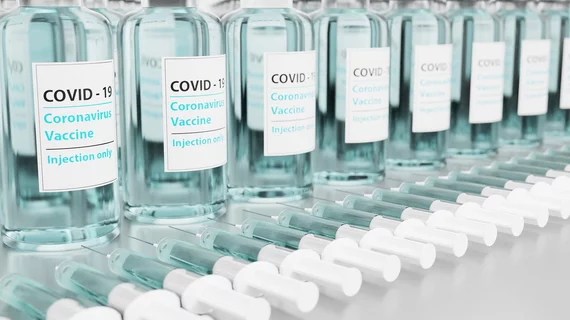CDC recommends pause on Johnson & Johnson COVID vaccine
Following reports of a rare blood clot reaction, the Centers for Disease Control and Prevention recommended a pause in the use of the Johnson & Johnson vaccine out of “an abundance of caution.”
The recommendation comes after six people––all women between 18 and 41––developed a rare and severe type of blood clot that requires treatment that is typically administered differently than other blood clots. To date, more than 6.8 million Johnson & Johnson vaccines have been administered, meaning the incidence of the blood clots is “extremely rare,” the CDC said.
The new recommendations deal a devastating blow to the national COVID-19 vaccination program. The Federal Drug Administration approved the Johnson & Johnson vaccine, which is administered in one dose, earlier this month. In addition, there are two other vaccines available in the U.S. market, including one from Pfizer-BioNTech and Moderna. Both are administered in two doses.
The CDC convened a meeting of its Advisory Committee on Immunization Practices to review the cases and assess the potential significance. The pause is in place until that review makes other conclusions.
“This is important, in part, to ensure that the healthcare provider community is aware of the potential for these adverse events and can plan for proper recognition and management due to the unique treatment required with this type of blood clot,” Dr. Anne Schuchat, Principal Deputy Director of the CDC and Dr. Peter Marks, director of the FDA’s Center for Biologics Evaluation and Research, said in a joint statement.

